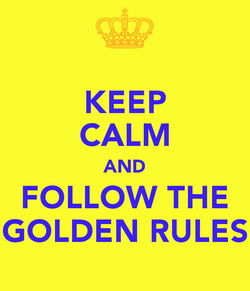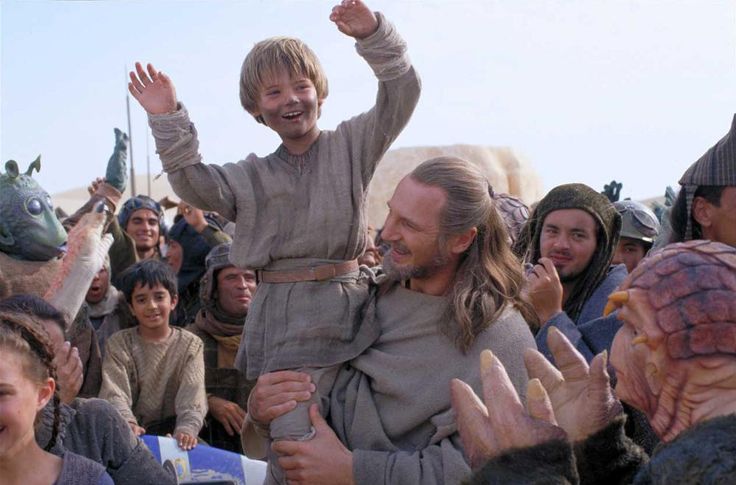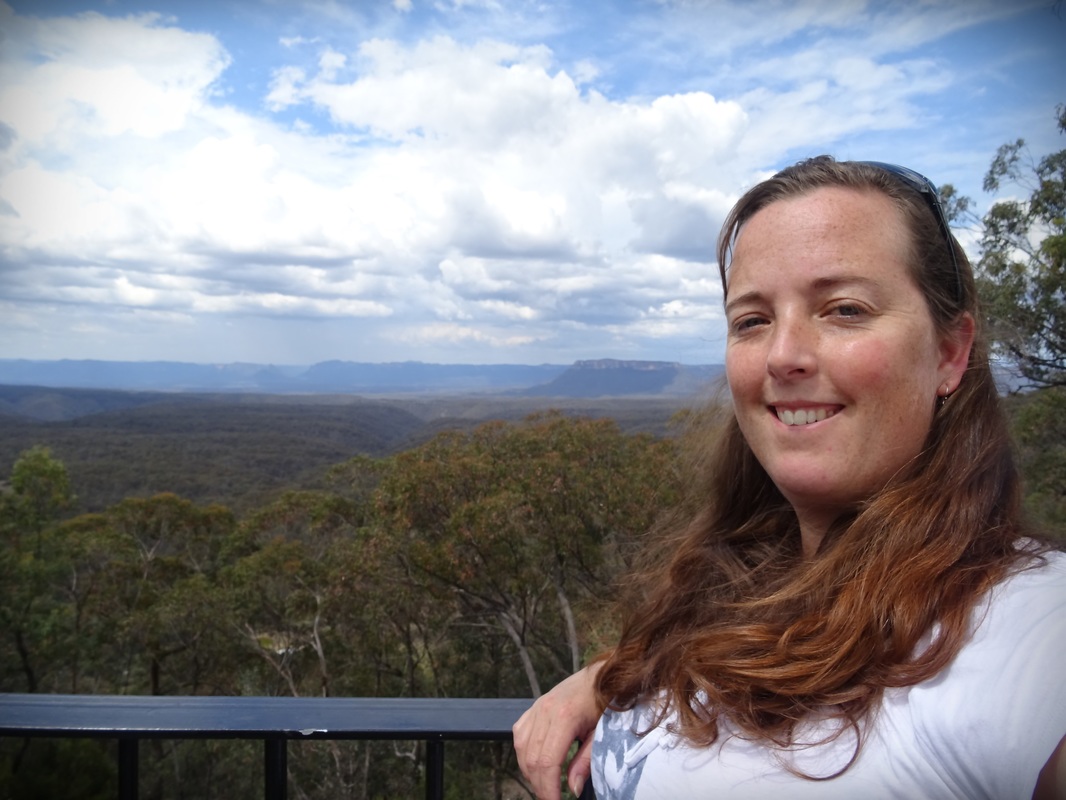|
I gave a talk yesterday at the UoN Research Staff Conference on my experience with fellowships and fellowship applications and I thought it might be useful to others so here is a version of that talk. ----BIG DISCLAIMER---The views presented here are based on my own experience of applying. I've never been on a selection panel. For advice from the other side do talk to your administrative support team.  Once upon a time in a galaxy not far from here there was a professor who felt their wisdom would help people. “You all need nature papers to be successful getting fellowships.” He pontificated. – To this, one scientist put up their hand – “I don’t have a nature paper but I have had fellowships…”. The professor replied, “well… yes… but no-one gets a senior fellowship without nature papers”. Again the scientist put their hand up, “but I have an interview for a senior fellowship next week and I still don’t have any nature papers”. To which the professor said “yes but I’m surprised they shortlisted you over people with nature papers”. The scientist was me and I got that fellowship. Today I want to tell you my experience with fellowships and my 4 golden rules of applying for fellowships. I’ll give you some general advice about fellowship writing and interviews and I hope this will help you overcome the dark-side in a galaxy full of emperors! Why a Fellowship?Good:
Bad:
Mandy's Golden Rules of Fellowships Rule 1): You have to be in it to win it. It’s true. If you don’t apply you will definitely not get one. Rule 2): You do NOT have to have a nature/science paper to be competitive. Of course it does help and if you are doing work that can get you a Nature or Science paper then of course do it! It also depends a little on the fellowship but I got my Marie Curie Fellowship with one first author article in New Forests (IF 1 ish at the time), one co-author paper which was accepted in Aust J of For research (even lower), one first author submitted to New Forests (but not accepted yet). I then got the Newton Fellowship with my Plant Phys paper from my PhD which is still my highest research paper. Now I have the NRF – No Nature/Science papers in there… Rule 3): You have to be resilient. For every successful fellowship I have on average 3 unsuccessful applications. Rule 4): Ignore discouragers – If I listened to every person who told me ‘oh they’re very competitive, you’ll never get one of them’ I would not be where I am now. Refer to rule 1 (and then privately gloat when you are successful). The story I told at the beginning was by no means the first time I’ve been told I’d never be successful, or that I need nature papers. I’ve learnt to be a selective listener. Take on board constructive advice (that means if someone says they think your project is rubbish, think about how you can make the description more clear, how you can sell it more – but ignore the unhelpful comments like you’re wasting your time applying, you’ll never get it, etc). So you've decided to apply - general advice
Now you've got an interview:
Once you get to this point and you've done your best it depends on the direction of the wind. So go home, relax and know you've given it your best regardless of the decision. - Ok so I've never been able to relax after but I have had both unsuccessful and successful outcomes from interviews now and you learn from each one. I gave it my best on each and there’s nothing more you can do. If unsuccessful, pick yourself back up and see what you can learn for the next one. Ask for feedback…I've never found the feedback all that useful personally but I ask anyway – you never know. The other thing is, the more applications I've put in, the more support I've had from mentors…and I get it now….everyone is busy but when they see someone pick themselves up and try and try again they can see you are motivated and that’s worth investing time in. (I’d venture to say, if you find people are consistently not supporting you, go somewhere else). When successful – Celebrate big time. You now have one year before you need to start again (or two years if it’s a 3 year fellowship). Or even better it’s linked to a more permanent position - now you need to get grants but that’s a story for someone else to tell!
0 Comments
Leave a Reply. |
AuthorAmanda Rasmussen Archives
May 2023
Categories |

 RSS Feed
RSS Feed
